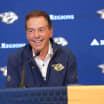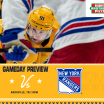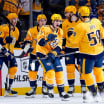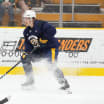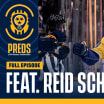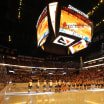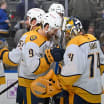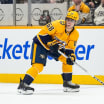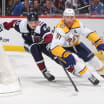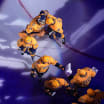On Oct. 27, Bridgestone Arena was buzzing.
The Nashville Predators had just snapped a five-game losing streak with a 6-2 statement win over the St. Louis Blues, which also happened to be their first win on home ice in 2022-23.
But as Preds Head Coach John Hynes walked into his postgame press conference, reporters were focused less on the big win and more on one looming question: What happened to Cody Glass?
'It Makes Us a Better Team:' Inside the Rise of Cody Glass
How 'Taking a Step Back' Ultimately Propelled the Young Center into Nashville's Top Six
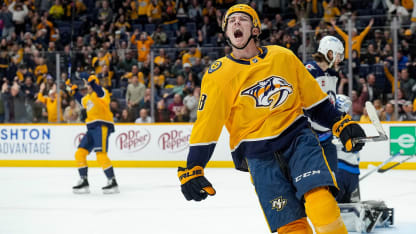
© John Russell

